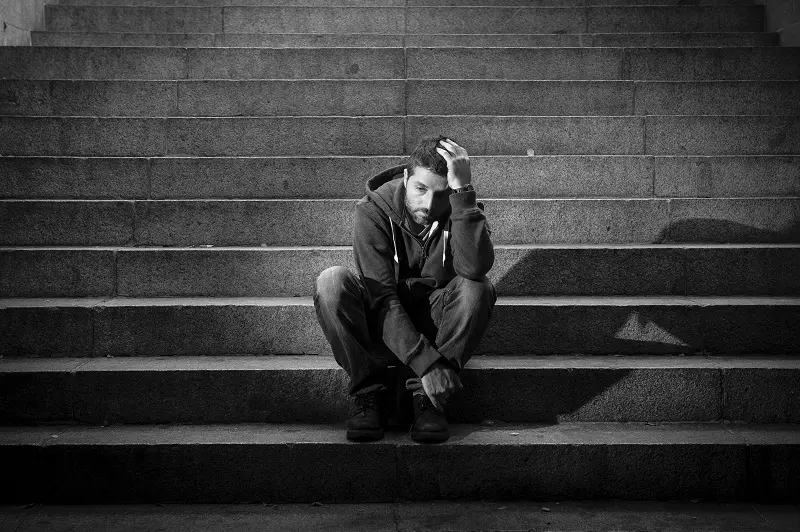In Texas, being served with a protective order in a domestic violence dispute can have a lot of serious ramifications beyond just being ordered to stay away from a specific person or persons. The protective order’s restrictions could have a serious impact on your life and put you in real danger of legal trouble if are accused of violating the order.
On This Page
Protective Orders in Texas
In situations of domestic violence in Texas, state law allows a victim (the applicant) to seek a protective order against an alleged offender. Protective orders are civil court orders issued in situations where acts of family violence, sexual assault, human trafficking or stalking have occurred and are likely to occur again. A protective order is meant to prevent the offender from committing further acts of violence; harassing or threatening the victim; or going to or near the residence, place of employment or business; or child care facility or school of the applicant or any member of the applicant’s family or household.

The judge’s protective order may also include orders that:
- Prohibit transfer or disposal of property
- Establish possession and visitation of a child
- Pay child or spousal support for a period not to exceed one year
- Attend mandatory counseling
- Vacate the residence or other specified property, if certain conditions are met
There are three types of orders of protection in Texas:
- Temporary ex parte protective order: issued by a civil court, accused does not have to be present
- Final (permanent) protective order: also issued by a civil court, accused does not have to be present
- Magistrate’s order of emergency protection (or emergency protective order): issued by a criminal court after the alleged abuser is arrested.
The Impact of a Protective Order on the Accused
There are serious consequences when you have a protective order entered against you in Texas. Some protective orders can stay in effect for up to two years. The terms of the order can have impact your life in many negative ways. For one thing, you’ll have a criminal record and be entered into a national database of domestic abusers.
You may not be able to return to your home, even to retrieve personal belongings. You may be prohibited from seeing your loved ones, including children or pets; you could even lose custody of your children. A judge may order you to pay spousal maintenance. You will probably be prohibited from possessing a firearm. If you are not a citizen of the U.S., you may face deportation. The protective order will remain on your permanent record and could make it hard to find a job, get public housing or secure financing.
Frequently Asked Questions About Domestic Violence Charges
Does a Family Violence Protective Order affect a Texan’s right to possess a firearm?
A Family Violence Protective Order will revoke your right to own a firearm. That right can only be restored if you have had your conviction expunged or set aside, or if you have been pardoned and had your civil rights restored.
In Texas, what is considered ‘threatening’ or ‘harassing’ in violation of a protective order?
It’s crucial that you follow the restrictions of the protective order, including avoiding behaviors that could be deemed harassing or threatening. The law in Texas defines harassment as action taken against another person with the intention to harass, alarm, abuse, embarrass, torment, or even annoy them.
Is it possible to have family violence charges against me dropped if the victim requests it?
There are several factors to consider here. To start with, what is the nature of the alleged act? How did it occur? Did weapons come into play?
The presence of injuries is often regarded as a sign of deeper family problems, which makes dropping the case difficult.
Another important factor is the criminal history of the defendant. Even if the victim requests it, a criminal record, including a history of family assault, automatically forbids dropping charges against them.
What Can You Do? Speak With a Houston Family Violence Attorney
While keeping families safe from domestic violence should be of the utmost priority, protective orders can also be issued unfairly and even under false pretenses. That being said, you should never violate the terms of a protective order, no matter how unfair or unnecessary you think they may be. Violating a protective order can result in your arrest, fines and even jail time.
In this situation, your smartest move is to speak with an experienced Houston protective order attorney. Lisa Shapiro Strauss is a former prosecutor turned criminal defense attorney who is dedicated to protecting the rights of her clients when accused of domestic violence.
There are many legal strategies we can employ to either get the order lifted or change some of its terms. Contact the law offices of Houston family violence attorney Lisa Shapiro Strauss to schedule a free consultation to discuss the details of your protective order.




